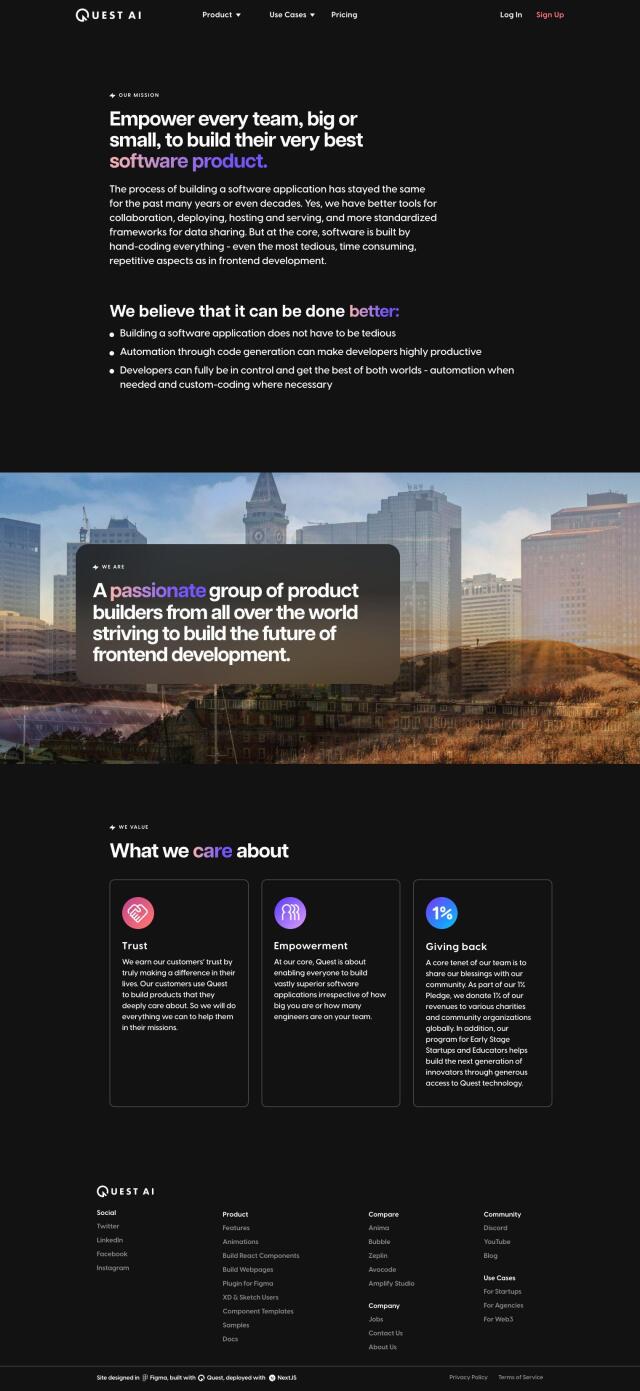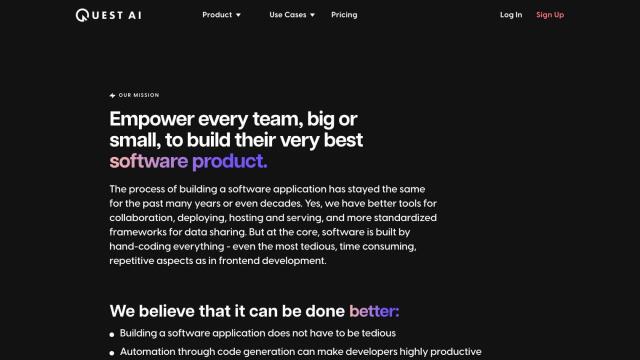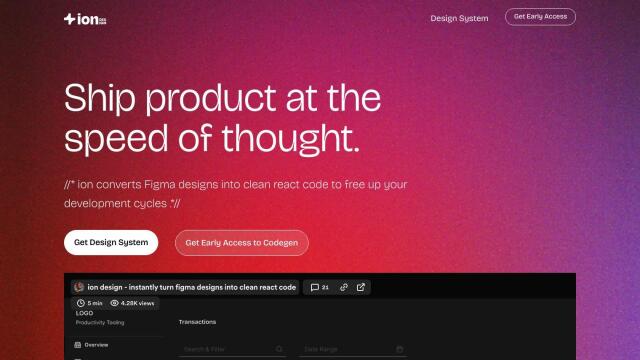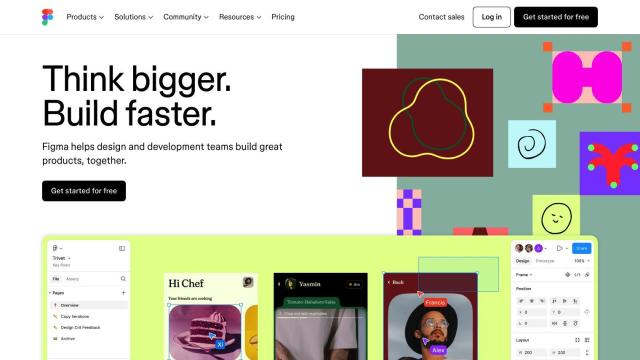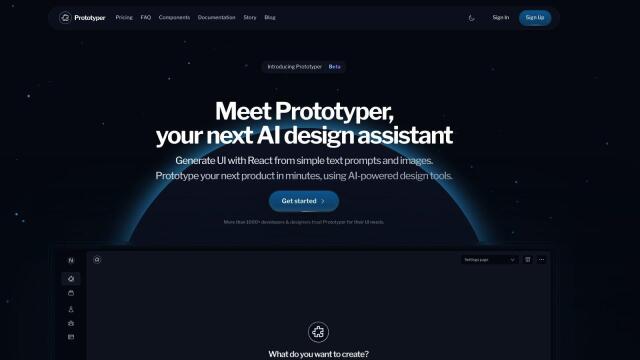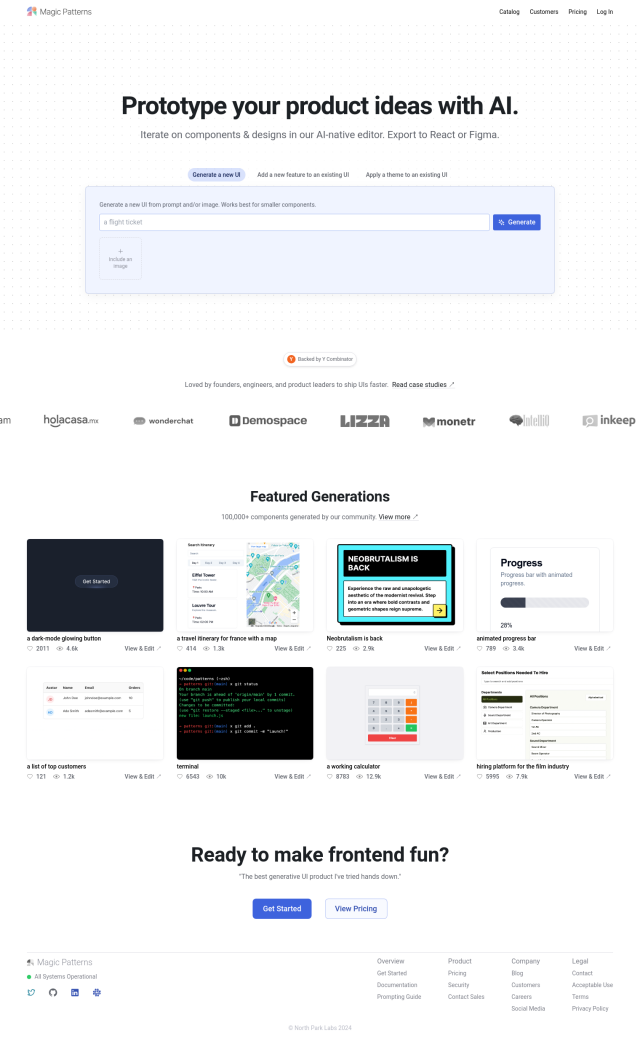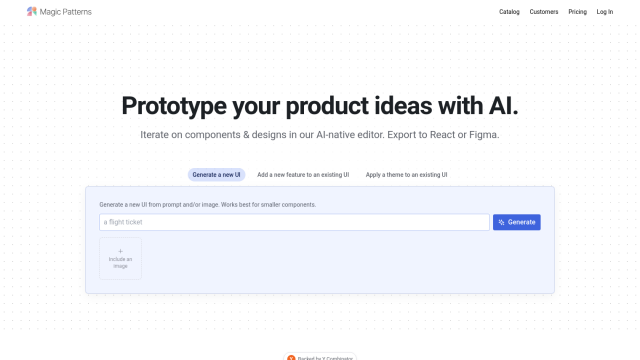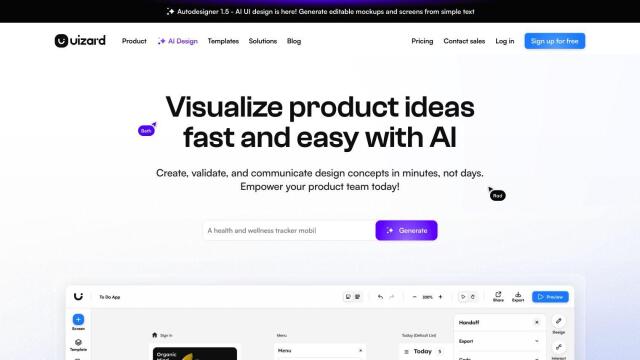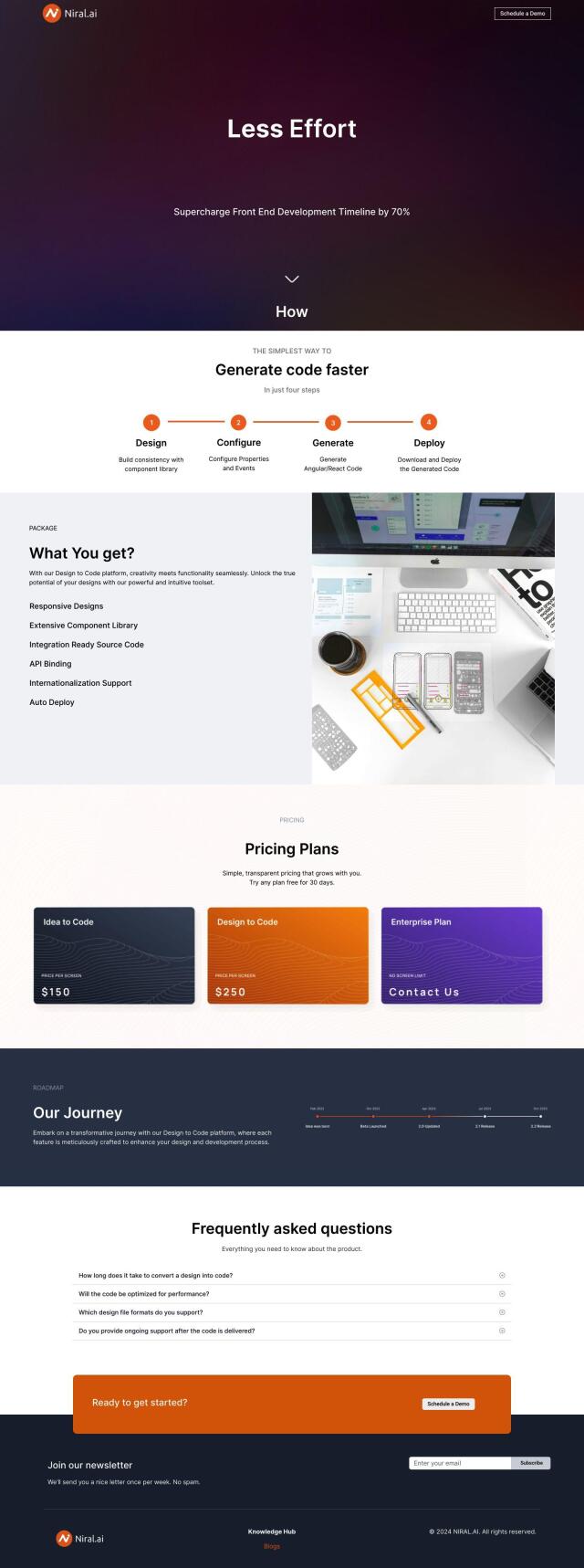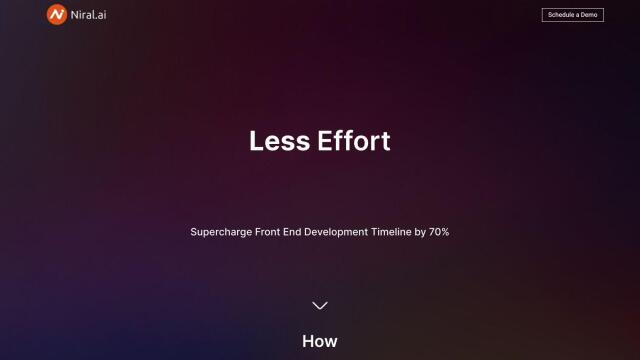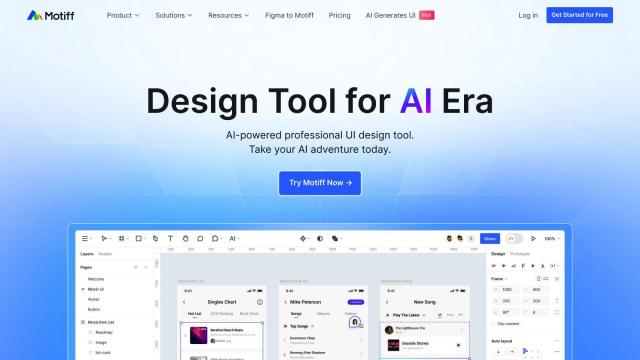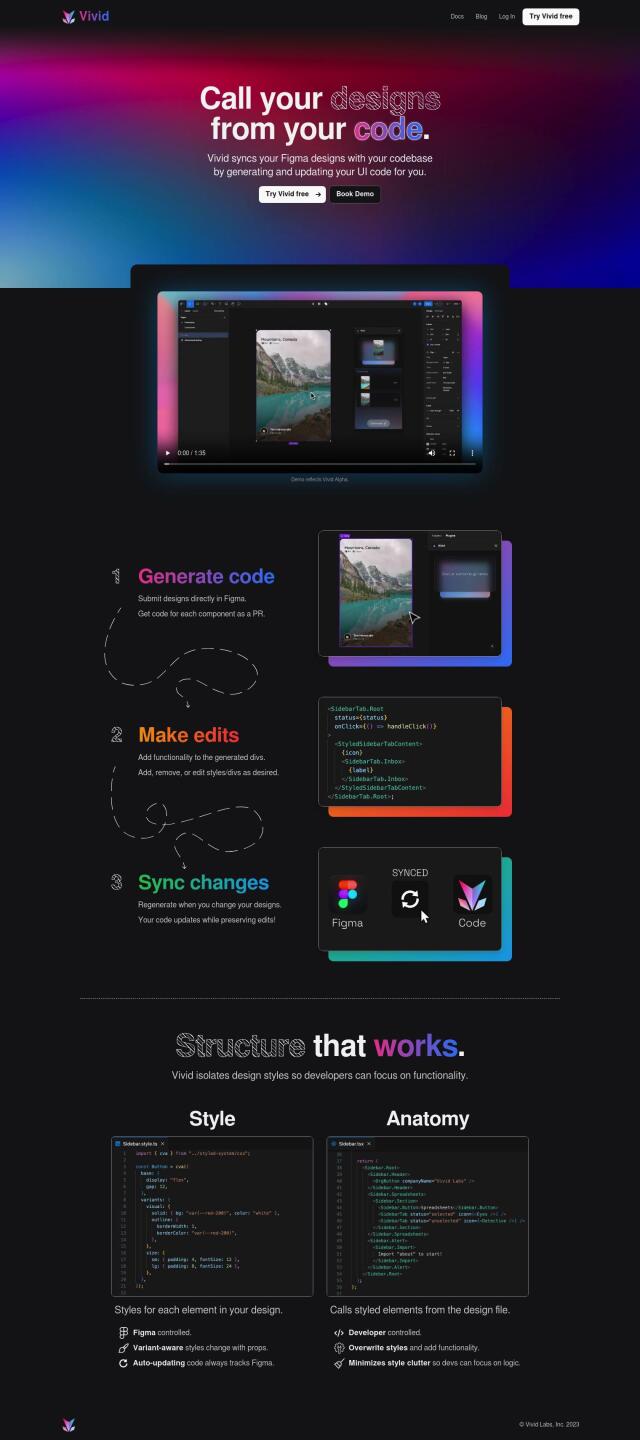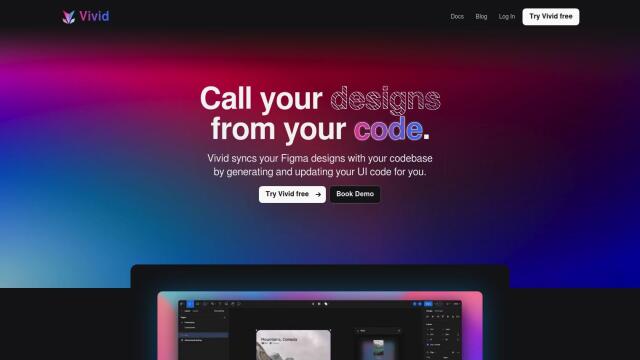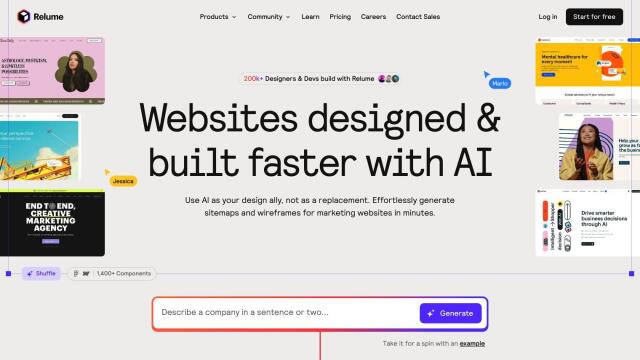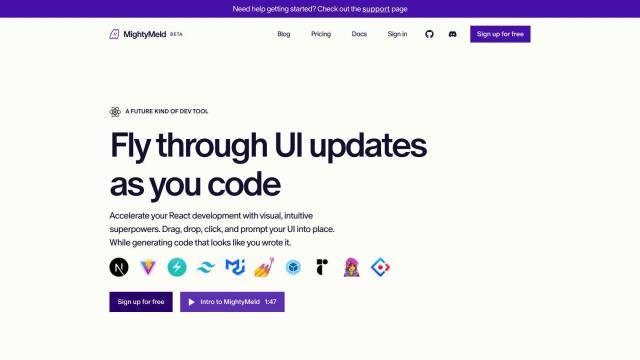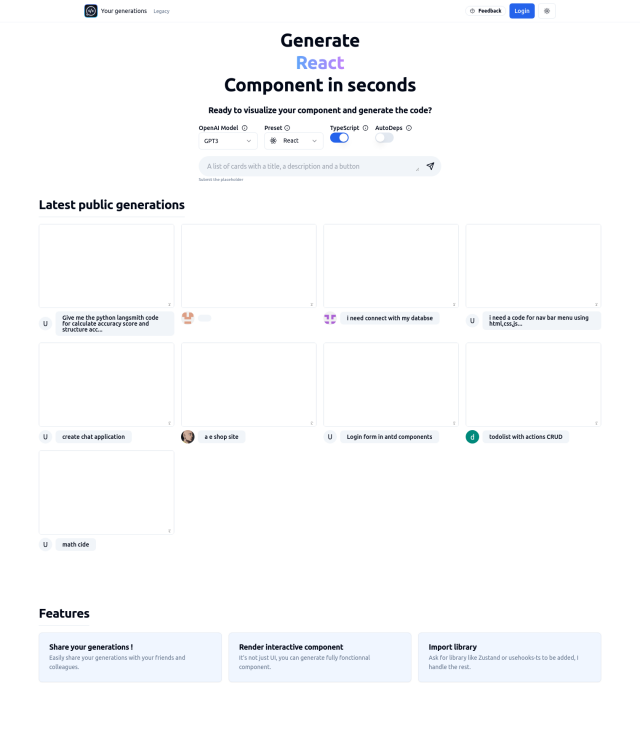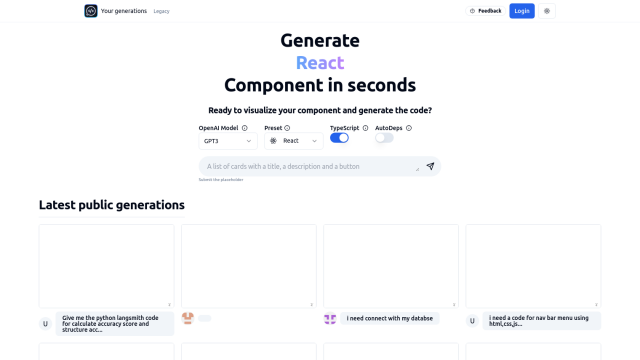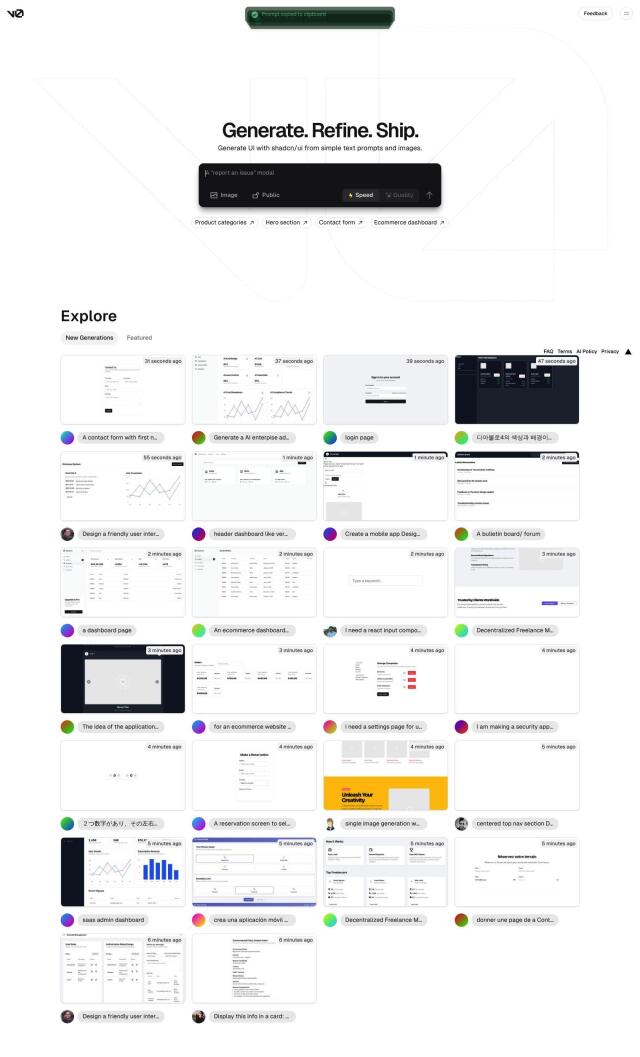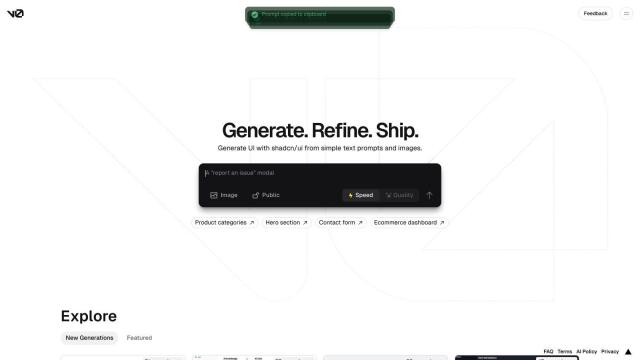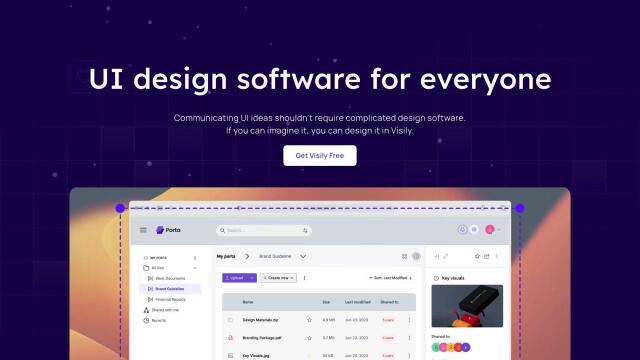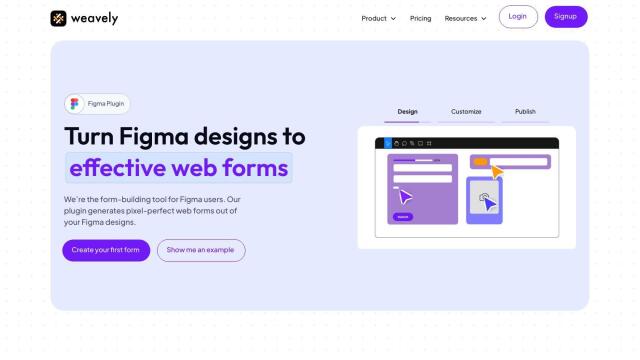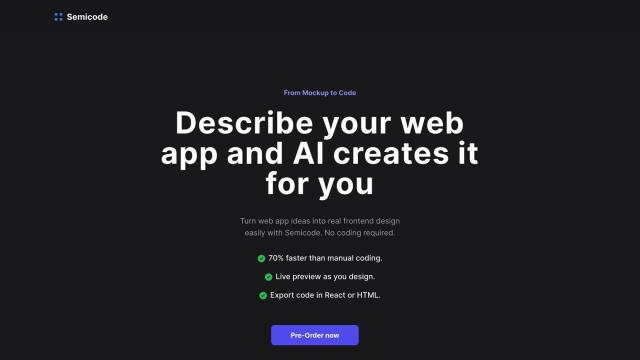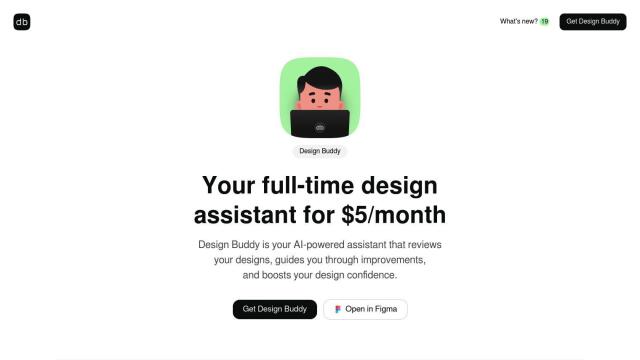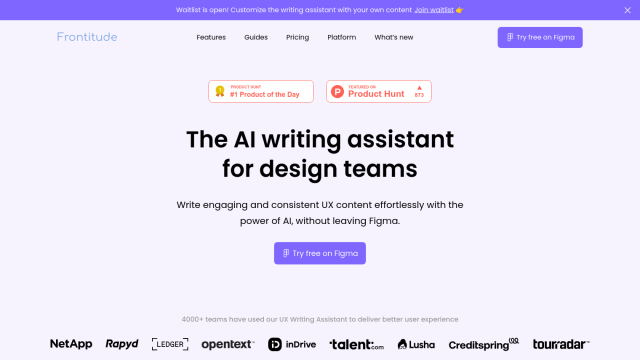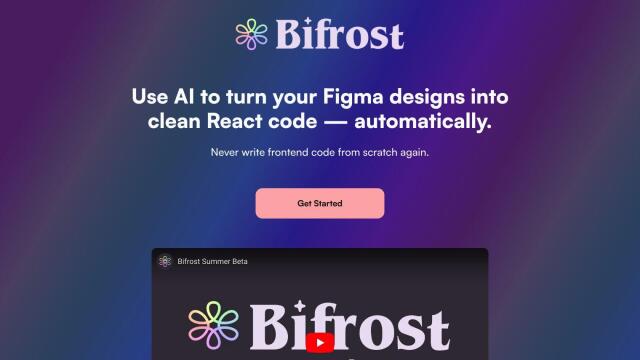
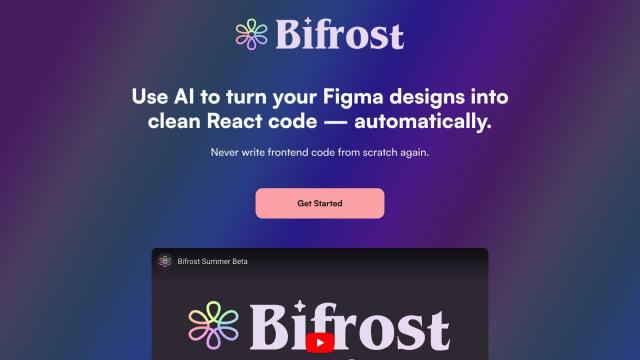
Bifrost
If you're looking for a Quest alternative, Bifrost is a good option. This AI-based tool converts Figma designs into clean, type-safe, conditionally rendered React code and supports frameworks like Tailwind and Chakra. It lets you start from any screen in a flow, use existing components and generate new ones as needed, and it's designed to let you update components with new design changes without so much repetitive coding work.

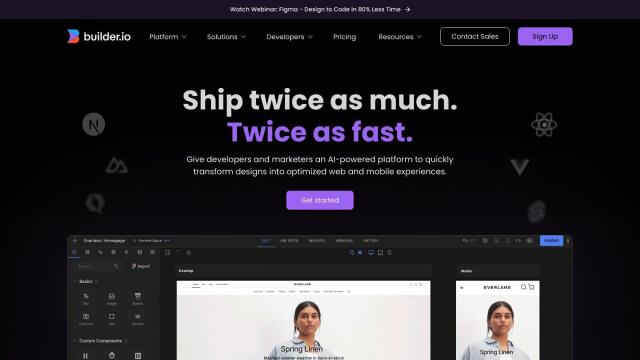
Builder.io
Another good option is Builder.io, a collection of tools to convert Figma designs into web and mobile apps as fast as possible with AI. It includes a Visual Copilot that fine-tunes AI-generated code based on what you want, a drag-and-drop visual editor for real-time collaboration, and support for React, Vue and Angular frameworks. It's geared for teams that want to accelerate their development process, and it includes features like localization, content scheduling, A/B testing and analytics.


Kombai
You should also check out Kombai. This AI-based tool automates the handoff process between designers and developers, converting Figma designs into accurate front-end code with pixel-perfect precision. It can output code in React and HTML + CSS, and it can also integrate with other frameworks like Vue, Svelte, Angular and Django. Kombai lets developers free up time to focus on other parts of their projects by generating high-quality code fast.

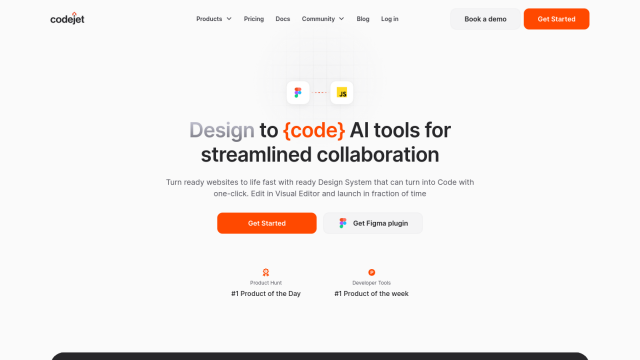
Codejet
Last, Codejet is a platform that bridges the gap between designers and developers by automating the conversion of designs into working code. It includes a centralized Design System and has AI Code Generation, a Visual Editor and a Figma Plugin Assistant. Codejet can deploy websites with one click to custom domains and offers a variety of pricing plans, so it's a good option for teams looking to improve collaboration and deliver high-quality results.
